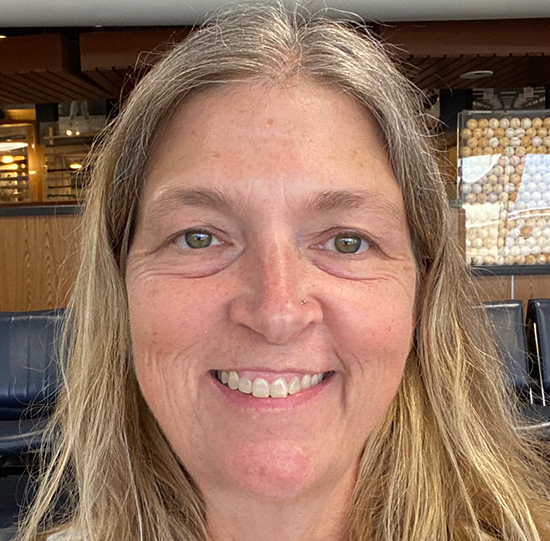Online Master of Science in Applied Statistics
Become a qualified candidate for the rapidly growing number of positions for data professionals

Expert Course Content
Benefit from high-quality courses developed specifically for this program by industry pros at high-profile organizations
Read more »
Career-Focused
Take advantage of a practical, case study-based approach to learning and free access to SAS (Statistical Analysis System) software
Learn more »
Affordable
Get a solid return on investment from a degree that positions you to immediately apply for jobs with a median pay of $93K
Read more »Who can benefit?
Professionals from a broad spectrum of industries and functional areas whose work brings them in contact with data can benefit from this program. These individuals typically are intrigued by data and seek to substantively increase their skills; learn how to think differently to solve problems; expand or shift their professional role; and enhance their career opportunities. They recognize that returning to school for an advanced degree is the optimal path for achieving their goals.
Request Information
To learn more about the University of Delaware’s Master of Science in Applied Statistics, fill out the fields below to download a free brochure. If you have additional questions, please call 844-247-6251 to speak with an Admissions Counselor.
33%
The projected job growth rate for statisticians between 2020 and 2030 is 33%.
— U.S. Bureau of Labor Statistics
Program Summary
Applied statistics is about real-world problem-solving. Its practitioners use statistical tools to conduct data analysis for companies, organizations and clients. Skilled statisticians are in high demand across an array of industries throughout the public and private sectors.
The completely online Master of Science in Applied Statistics (ASTAT) is built with career success in mind. Its students range from recent graduates to professionals who want to enhance their analytical abilities. The ultimate program goal is to transform students into data professionals who can satisfy the increasing demand for data analytics expertise and enjoy long-term success in their careers.
University of Delaware’s online program includes numerous courses developed by the same faculty members who teach our on-campus students. Online courses are managed by statisticians who are full-time faculty members in the Department of Applied Economics and Statistics.
Program Highlights
The online master’s degree in applied statistics provides students with a range of knowledge, skills, and experiential training including:
- A theoretical foundation in probability and mathematical statistics
- Applied applications in these areas and more:
- Regression
- Experiment design
- Logistic regression and models of counts
- Multivariate methods
- Exposure to and the opportunity to acquire proficiency in essential technology including Statistical Analysis System (SAS), JMP and R; a JMP software license is included in tuition, a value of more than $1,500 annually
- The ability, acquired through case study, to analyze a wide variety of data and apply appropriate techniques, according to data type and research objective
- The opportunity to design and conduct an applied research project with advisor assistance and approval

248,500
Nearly a quarter-million job postings in the last year required statistics skills. More than 92,000 postings asked for a graduate-level statistics degree.
— LaborInsight, Burning Glass (2022)
Coursework
The Department of Applied Economics and Statistics (APEC) has recruited expert statisticians to develop case-study based courses specifically for our online students.
APEC is able to draw these experts due to the University of Delaware’s position as a top research university in a business friendly state. We maintain close relationships with leading companies in industries such as financial services, healthcare, chemical manufacturing, pharmaceuticals, technology and farming.
This approach helps ensure that you have multiple opportunities to learn from and apply your developing skills to current, real-world problems.
Program Structure
ASTAT courses are 100% online. They are led by instructors who engage students in a range of learning activities that may include reading, watching lectures and demonstrations, participating in asynchronous online discussion boards, taking online tests and quizzes, and completing a broad range of assignments.
In support of the program’s MBA-like case-study approach to learning, students will have the opportunity to conduct and obtain credit for a research project, using a data example at their workplace or in their field. Ideally, students will be able to immediately apply what they learn in class to their work environment for the duration of the program.
For every credit hour, there are approximately five hours of lecture, and students typically spend three hours of study (reading, tests, assignments) for every lecture hour. Instructors will be available by appointment to answer student questions via email, phone or video meeting.
WHY GET A MASTER OF SCIENCE IN APPLIED STATISTICS
The University of Delaware is focused on providing a high-quality online program, which is designed to transform students into data professionals who can satisfy the increasing demand for data analytics expertise and enjoy long-term success in their careers. Here what a few graduates of the online Master of Science in Applied Statistics have to say about the program:




